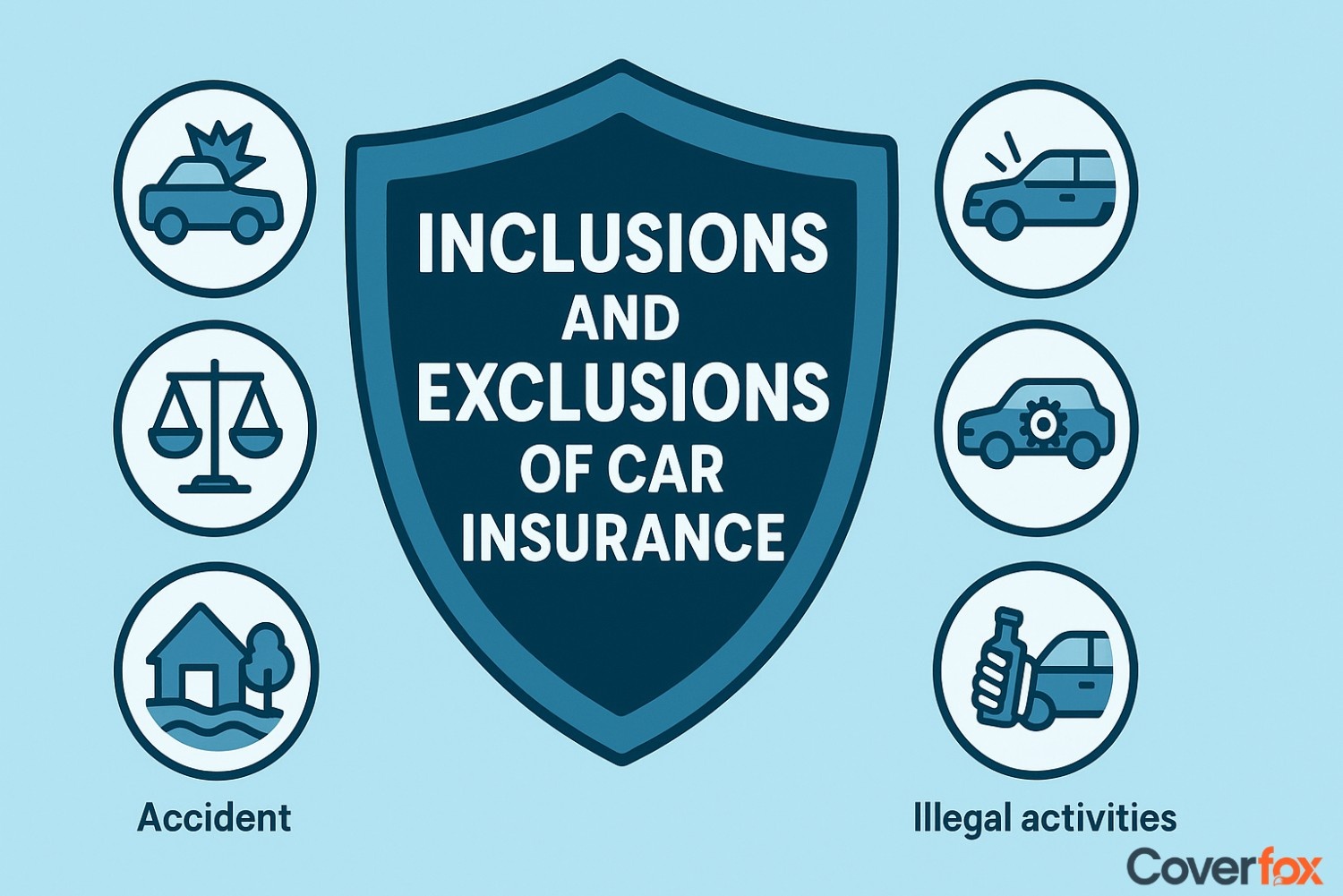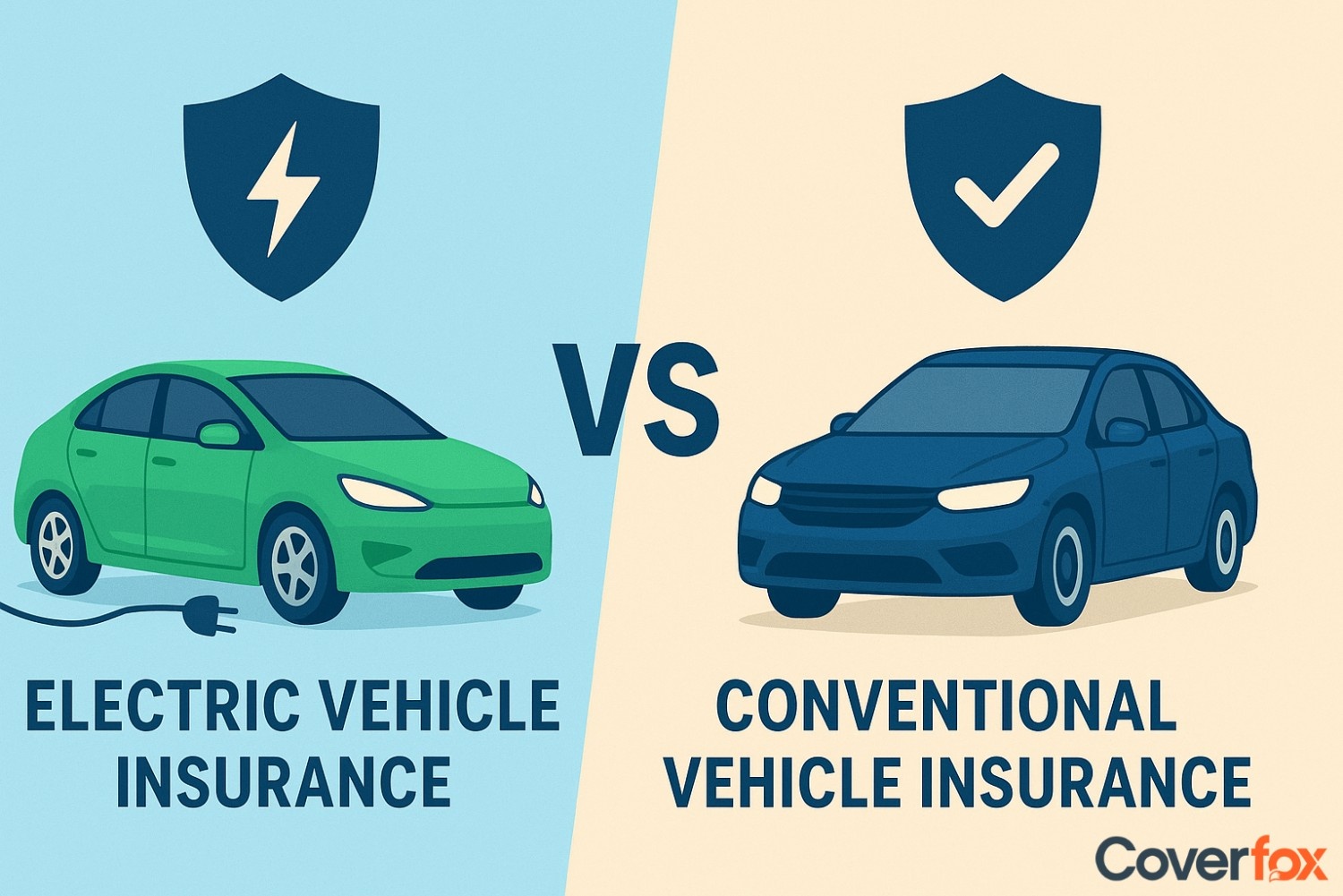Discover the important aspects of purchasing sedan insurance, including types of coverage, state requirements, personal factors, and expert recommendations.

Purchasing a car is a significant investment, and it's essential to protect it with the right insurance coverage. In most countries, having car insurance is compulsory by law, and it's crucial to understand the different types of coverage available before making a decision. In this article, we'll discuss the key considerations you should keep in mind before buying insurance for your sedan.
Understanding the Basics of Car Insurance
Before we dive into the specifics of sedan insurance, let's first understand the basics of car insurance. Car insurance is a type of vehicle insurance that provides financial protection against physical damage or bodily injury resulting from accidents, theft, or other incidents. It also covers third-party liabilities, which means it protects you from any legal liabilities that may arise due to an accident involving your car.
Types of Car Insurance Coverage
There are three main types of car insurance coverage: liability coverage, collision coverage, and comprehensive coverage.
Factors to Consider Before Buying Insurance for Your Sedan
Now that we understand the basics of car insurance let's look at the key factors you should consider before purchasing insurance for your sedan.
1. Your State's Minimum Requirements
The first thing you should consider is your state's minimum requirements for car insurance. As mentioned earlier, liability coverage is mandatory in most countries, but the minimum coverage amount may vary. It's essential to research your state's laws and ensure that you meet the minimum requirements before purchasing insurance for your sedan.
2. Your Driving Habits
Your driving habits can also impact the type of coverage you need for your sedan. If you have a long commute or frequently drive on busy highways, you may want to consider comprehensive coverage to protect your car from non-collision incidents. On the other hand, if you only use your sedan for short trips around town, liability coverage may be sufficient.
3. Your Budget
Car insurance can be expensive, and it's essential to consider your budget before making a decision. While comprehensive coverage may provide the most protection, it also comes with a higher premium. If you're on a tight budget, you may want to opt for liability coverage and add on additional coverage as your budget allows.
4. Personal Accident Cover
In addition to protecting your car, it's also crucial to consider personal accident cover for yourself and your passengers. This type of coverage provides financial protection in case of bodily injury or death resulting from an accident involving your sedan. While it may not be mandatory, it's a wise investment to ensure the safety and well-being of yourself and your loved ones.
5. Deductibles and Premiums
When purchasing car insurance, it's essential to understand the concept of deductibles and premiums. A deductible is the amount you agree to pay out of pocket before your insurance coverage kicks in. A higher deductible can lower your premium, but it also means you'll have to pay more in case of an accident. It's crucial to find a balance between a reasonable deductible and a manageable premium.
6. Add-On Coverage Options
In addition to the three main types of coverage, many insurance companies offer add-on coverage options that you can purchase for an additional premium. These options may include roadside assistance, rental car coverage, or coverage for custom parts and equipment. It's essential to consider these add-ons and determine if they are necessary for your specific needs.
7. Reputation of the Insurance Company
When purchasing insurance for your sedan, it's crucial to choose a reputable insurance company. You want to ensure that the company has a good track record of providing excellent customer service and handling claims efficiently. It's also a good idea to research the company's financial stability to ensure that they can fulfill their obligations in case of a claim.
Real-World Examples of Sedan Insurance
Let's look at two real-world examples of sedan insurance to understand how different factors can impact your coverage.
Example 1: Basic Liability Coverage
John lives in a state where the minimum requirement for car insurance is liability coverage of 25,000 for bodily injury per person, 50,000 for bodily injury per accident, and 10,000 for property damage. He has a sedan that he uses for his daily commute to work and occasional trips around town. John opts for the minimum required coverage to keep his premium low.
Example 2: Comprehensive Coverage with Add-Ons
Samantha lives in a state with similar minimum requirements for car insurance. However, she has a long commute to work and frequently drives on busy highways. She also has a personal accident cover for herself and her passengers. Samantha opts for comprehensive coverage with a 500 deductible to protect her sedan from non-collision incidents. She also adds on roadside assistance and rental car coverage for an additional premium.
Who Should You Consult Before Buying Insurance for Your Sedan?
When it comes to purchasing insurance for your sedan, it's always a good idea to consult with a professional insurance agent. They can help you understand your state's minimum requirements, assess your driving habits, and recommend the best coverage options for your budget. They can also help you compare quotes from different insurance companies to find the best deal.
Conclusion
Purchasing insurance for your sedan is a crucial decision that requires careful consideration. It's essential to understand your state's minimum requirements, assess your driving habits, and consider your budget before making a decision. Personal accident cover, deductibles, and add-on coverage options are also essential factors to consider. Consulting with a professional insurance agent can help you make an informed decision and ensure that your sedan is adequately protected.





